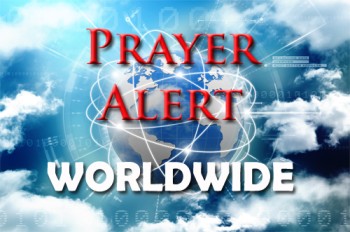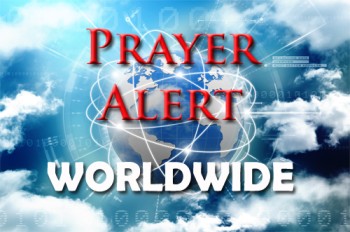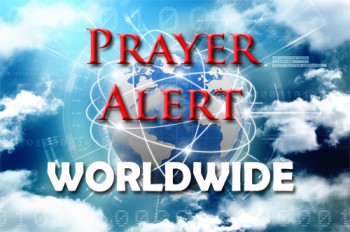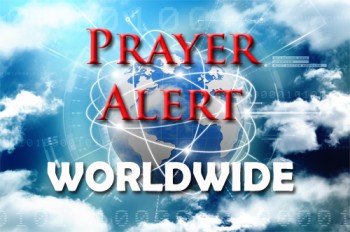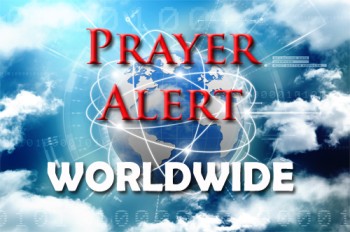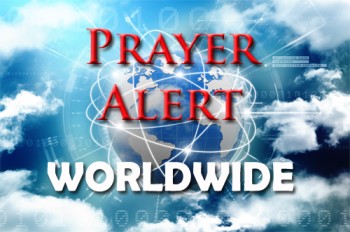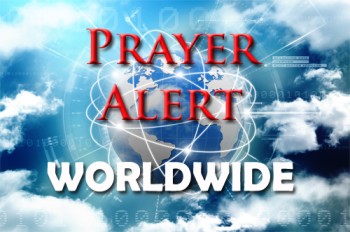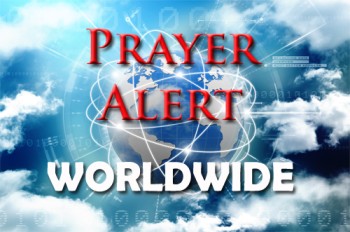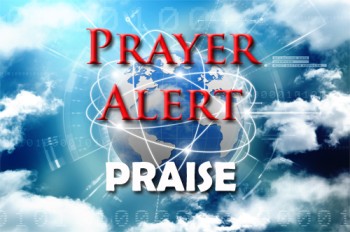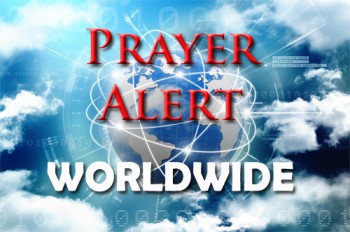Displaying items by tag: Ecuador
Ecuador: closure of controversial mine splits community
The story of Rio Blanco reveals both the promises and perils of large-scale mining projects in vulnerable communities. Initially welcomed by locals with hopes of jobs and development, a Canadian mining project quickly soured amid broken promises, environmental damage, and land disputes. Successive companies failed to deliver on social commitments while accusations mounted of arsenic contamination, drying wetlands, and loss of farmland. Tensions escalated, splitting the community between those desperate for employment and those fighting to protect land and water. Protests, blockades, and violence culminated in a court ruling suspending operations due to the government’s failure to consult Indigenous communities. Yet conflict has persisted, with violence against activists and threats of illegal mining. Today, the people of Rio Blanco struggle with fractured trust, environmental scars, and ongoing uncertainty, as they seek sustainable alternatives and a future free from exploitation.
Ecuador: presidential election heads for runoff
Ecuador’s presidential election is headed for a runoff on 13 April. With 80% of the votes counted in the first round, incumbent president Daniel Noboa has secured 44.4%, and opposition candidate Luisa Gonzalez 44.1%. Gonzalez, a protégé of former president Rafael Correa, saw a surge in support, surprising analysts: Noboa, a wealthy businessman who took office 14 months ago, had hoped to avoid a runoff by winning outright. His tenure has been marked by an aggressive crackdown on violent crime, deploying the military and declaring a state of emergency. Supporters praise his strong-handed approach, but human rights groups allege abuses. As Ecuador faces economic uncertainty and a growing security crisis, the nation remains divided.
Ecuador: proposal to allow foreign military bases again
President Daniel Noboa has proposed changing Ecuador’s constitution to allow foreign military bases, a move aimed at combating transnational crime and drug trafficking. He argues that Ecuador needs international military assistance to address escalating gang violence. This proposal comes fifteen years after former president Rafael Correa banned foreign military bases, ending the US presence in the country. It would have to pass through the constitutional court, the national assembly, and a public referendum. Noboa, facing declining approval ratings due to ongoing violence, hopes this reform will bolster his security policies ahead of his 2025 re-election campaign. Gang-related violence has surged in Ecuador's port cities, with murder and kidnapping rates skyrocketing.
Ecuador: president declares state of emergency
On 30 April Ecuadorean president Daniel Noboa decreed a state of emergency in five coastal provinces, lasting sixty days, because of ‘internal armed conflict’. The measure marks the second such declaration by Noboa, who took office in November with promises to turn around a deteriorating security situation which has led to a spike in violent deaths and other crimes. The police and armed forces will be deployed in the provinces for ‘tactical combat operations’ against organised armed groups’. The government blames the violence (including the dramatic invasion of a television station and mass hostage-taking of prison guards in January) on drug-trafficking gangs.
Ecuador: prosecutor investigating TV station attack shot dead
Cesar Suarez, the prosecutor investigating the recent attack on a local TV station, was shot dead on 18 January. The attack occurred on 10 January: a group of individuals stormed the building, setting fires and causing extensive damage. Suarez, who was actively investigating this attack, was killed in what appears to be a targeted assassination. The TV station attack has raised concerns about press freedom and safety in Ecuador, as it comes amidst a backdrop of political tensions and unrest in the country. The prosecutor's murder further underscores these concerns and raises questions about the safety of those investigating such incidents. The authorities in Ecuador have condemned the attack on the TV station and the killing of the prosecutor, and have promised to bring those responsible to justice. However, the incident highlights the challenges and risks faced by those working to uphold the rule of law and protect press freedom in the country.
Ecuador: new president sworn in
In October we prayed for the presidential election in Ecuador. Now millionaire Daniel Noboa has been sworn in as president, marking a significant shift in the country's political landscape. A businessman with no prior political experience, he surprisingly won the snap election which former president Guillermo Lasso called to avoid possible impeachment. He will serve only 18 months, the remainder of Lasso’s term. Once considered one of the safest countries in the region, Ecuador has seen violence explode in recent years; there was an unprecedented increase in bloodshed, and drug violence has led to some 3,600 murders so far this year. Noboa has said he will target the violence by tackling unemployment, but also implement a state of emergency, suspend some citizen rights such as freedom of movement, and deploy the military to the streets. There is a considerable sense of uncertainty and anticipation surrounding his presidency.
Ecuador: last debate before run-off presidential election
Left-leaning Luisa González and centrist Daniel Noboa have faced each other in the last debate before the run-off election on 15 October. The debate gave both candidates a platform to address long-simmering issues in the country. The economy remains Ecuador’s Achilles heel: at the end of 2022, debt alone accounted for 57 percent of the GDP. The other major issue facing the candidates is crime. Ecuador, once one of the most peaceful countries in Latin America, is now on track to become the third-most violent country in the region. In August, that violence spilled over with the assassination of presidential candidate Fernando Villavicencio in Quito. Since then, candidates have been wearing bullet-proof vests. Noboa is ahead in the polls, but many Ecuadorians have not yet made up their minds about who to vote for.
Guatemala / Ecuador: voting to end corruption?
Elections in Guatemala and Ecuador are a test of democracy as both have a climate of corruption, tension and violence in politics. In Guatemala’s election on 20 August, anti-corruption candidate Bernardo Arévalo won, despite Guatemala’s court recently ordering his political party into suspension, triggering massive protests and unrest. He denounced the police raid that followed, stating it was an act of ‘political persecution’. Also on 20 August Ecuador voted for a president. Rampant crime blamed on drug gangs, a struggling economy, and a rise in unemployment and migration are the top concerns of voters. The candidate standing against corruption and organised crime was assassinated on 9 August. There was no outright winner on the 20th. The runoff will be on 15 October, between leftist candidate Luisa Gonzalez and businessman politician Daniel Noboa. Noboa wants to implement harsh policies in relation to crime, and talks about security, which appeals to those unhappy with the current political system.
Qatar: World Cup players dedicate goals to God
Ecuador, one of four Latin American teams in the 2022 World Cup, is drawing attention not only for its impressive start to the tournament but also for the way the players are celebrating their goals. On 20 November former West Ham player Enner Valencia scored twice, securing the win against host team Qatar. Both goals were dedicated to God as the players came together to form a circle and fall to their knees before pointing and looking up to the sky to celebrate. It is understood most of the team’s players are Christians, with several videos on social media showing them praying before each match.
Ecuador: indigenous activists battled mining with drones
Two activists who successfully fought against mining on their ancestral lands have won an international environmental prize. Alex Lucitante, 29, and Alexandra Narváez, 32, led the Cofan indigenous community which used drones and camera traps to collect crucial evidence in securing a legal victory which resulted in 79,000 acres of rainforest being protected from gold mining. In 2017, they found out that the government had issued 20 mining licences, with 32 more waiting to be approved. After a legal battle which lasted almost a year, the community achieved a remarkable victory. A provincial court ruled that the authorities had failed to seek the consent of the Cofan, nullified both the existing and pending licences, and ordered that the mining activities be stopped.
